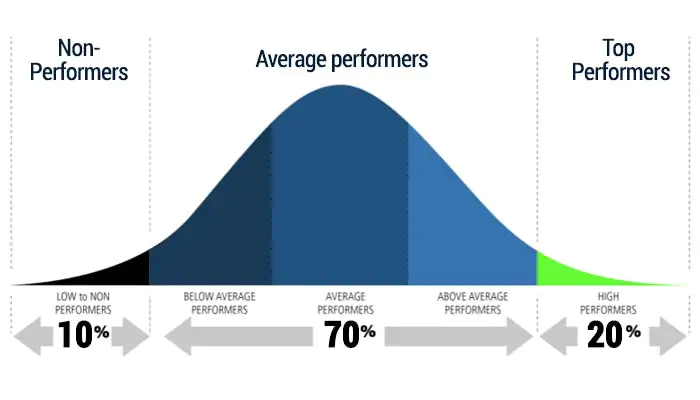The Economist notes that Rex Tillerson was a poor secretary of state—but not for the reasons I would advance.
One reason for their opinion is that, “Disastrously for morale, he declined to defend his own department when the White House proposed cutting its budget by 25% or more … Mr Tillerson squandered goodwill with a corporate restructuring that felt to many staff like an invitation to resign. At one point, outside consultants sent round a questionnaire asking: “To optimally support the future mission of the Department, what one or two things should your work unit totally stop doing or providing?” (“Trump Unbound: In foreign affairs, America just moved closer to one-man rule,” March 17, 2018.)
TILLESRSON TRIED TO CUT GOVERNMENT! Defending your employees, The Economist here equates with increasing or maintaining the budget for the department, it diplomats, envoys and other career and or deadwood staff.
State institutions are self-reinforcing and not amenable to reform; they grow through failure.
So while it would be nice if state institutions were able to reform, because of the structure of incentives, the state cannot be corrected. The incentive structure underlying state institutions is antithetical to reform.
To correct processes that may be killing people—affirmative action, when the subject of special privileges isn’t qualified—you have to cut budgets in the billions. This likely will never happen, in state institutions, because they don’t abide by the profit motive. So to express belief in this is to express belief in the possibility of the state fixing itself.
The libertarian grasps that the state grows through inefficiency. The more it bungles—the greater its budget will be. Economically, the state’s incentives are inverted. A private company, on the other hand, grows through economic and performative efficiencies; by singles the customer. The state is the opposite. As a monopoly, it need please nobody. For example, the education system is a giant failure. Will it be scrapped? Of course not. The system will reward itself with MORE, not less, funds to fix the problem.
This is a structural fact of the state.
Why can the state grow and prosper through inefficiency? Because it has access to the funds of an indentured third party, taxpayers, and has the promiscuous use of the printing press.
A private institution can come back from the abyss, because, economically, it will go bust if it doesn’t start pleasing customers. However, if, like the Florida bridge collapse, a private enterprise is working in tandem with the state, then taxpayers bail it out.
Profit is privatized, loss is socialized.
Most people no longer read or understand the economics of the state. Ten years ago, I had readers who had at least read Hazlitt’s Economics in One Lesson.

